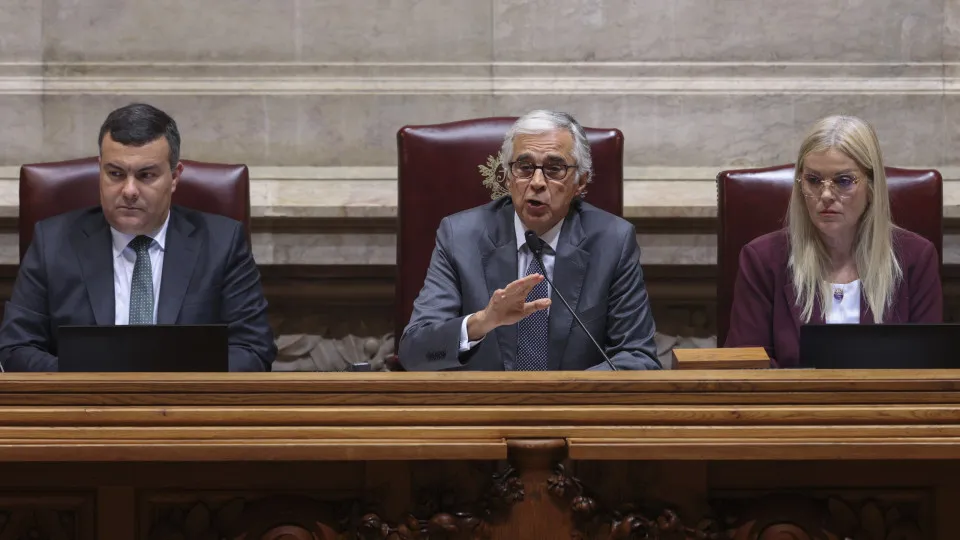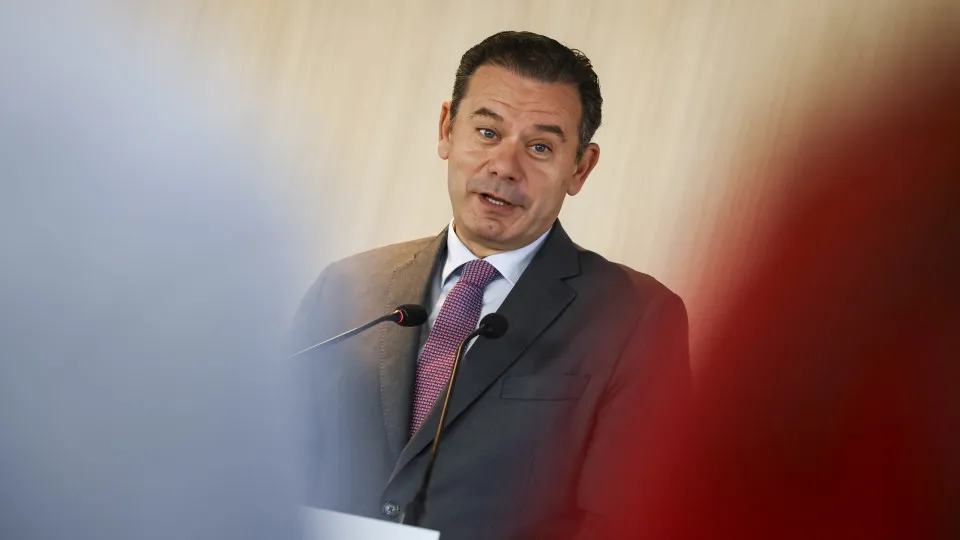
Highlighting that cohesion policy expenses show errors annually, with the first financial correction for the 2014-2020 period approved only last September, the European Court of Auditors (ECA) provides recommendations to the Commission.
The ECA recommends that the Commission should base financial corrections on specifically verified irregularities by 2026, proposing a systematic flat-rate correction only when this is not feasible, and ensuring that flat-rate reductions do not preclude regular checks and audits on expenses to be declared in the future.
In the report released today, auditors emphasize that after irregularities are detected, corrective procedures are slow to start and, once initiated, take a long time to conclude.
Brussels should also ensure timely application of financial corrections, setting reasonable deadlines for all stages of the correction process.
The Commission is advised to initiate financial correction procedures in all cases where member states disagree with proposed corrections, sufficiently justify and document any alterations to proposed amounts, and avoid changes without new evidence.
Cohesion policy is executed under a shared management regime, meaning member states and the European Commission jointly protect the EU budget.
Member states must ensure that expenses they request for reimbursement from the EU budget are free from material errors. The Commission can request member states to recover Union funds that have been improperly paid.
To exclude irregular expenses from EU financing, both member states and the Commission must carry out financial corrections when necessary.
A July report by the ECA estimated that 90% of total public investment in Portuguese territory between 2014 and 2020 was guaranteed by the cohesion policy defined for that period.
The EU’s cohesion policy budget for the 2014-2020 period was 404.8 billion euros.




